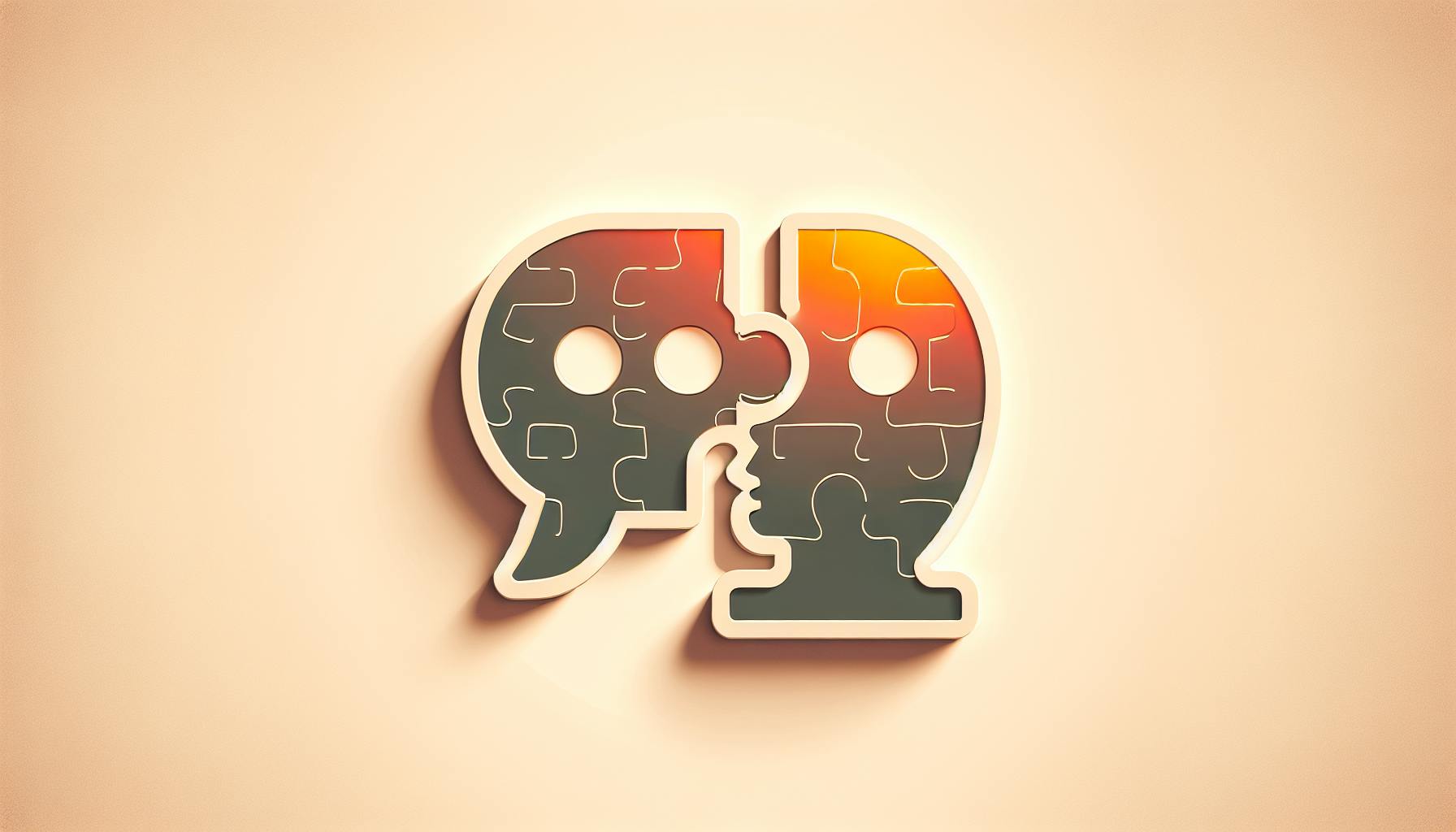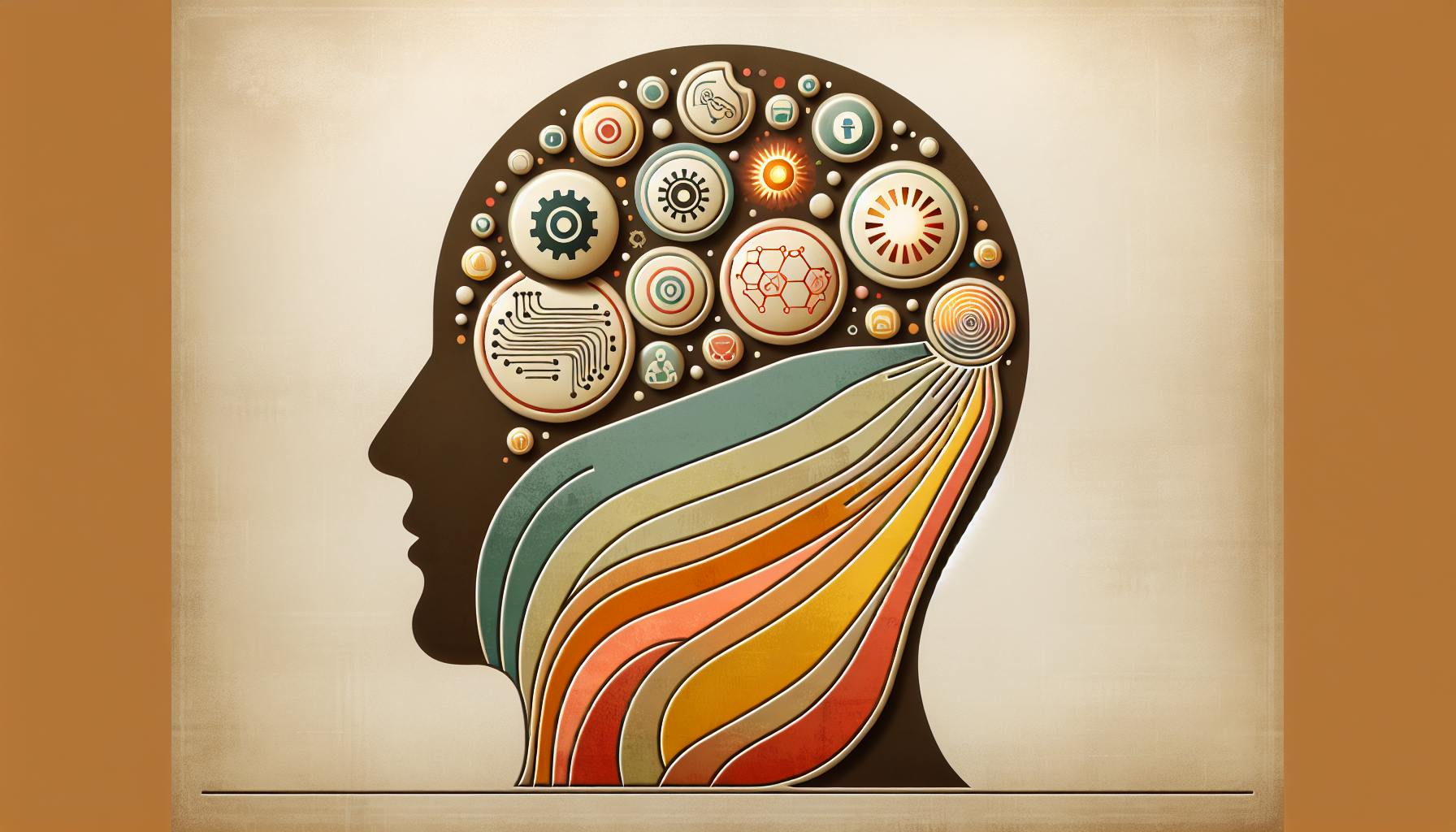Introduction: The Transformative Power of Custom AI
ChatGPT took the world by storm with its advanced natural language skills. But in its default form, it has clear limitations like outdated knowledge, false information, and lack of specialized expertise. This is where the game-changing concept of custom ai comes in.
By training customized machine learning models on targeted datasets, we can create GPTs (generative pretrained transformers) tailored to particular use cases. These custom GPTs allow us to overcome ChatGPT's constraints and amplify its capabilities to new heights.
In this post, we'll explore how custom ai works, popular examples, guides to creating your own, and real-world applications across industries. With rigorous customization, we can unlock ChatGPT's full potential. The possibilities are endless.
What are Custom GPTs and How Do They Work?
While ChatGPT was trained on a massive general corpus, custom GPTs build on top of its architecture but specialize with focused training on niche, high-quality datasets. This powers conversational AI with specialized skills and knowledge.
For instance, a medical GPT trains on textbooks, journals and patient records to provide accurate guidance on health queries. A customer service GPT learns best practices from chat logs and docs to resolve tickets.
Creating a high-performing custom GPT requires sourcing relevant quality data in sufficient volume. Subject matter experts curate the training corpus and oversee model development. With the right data and compute resources, the customization unlocks targeted expertise.
Creating Your Own Custom GPT: Step-by-Step
Developing a custom GPT from scratch demands expertise and resources. But with the right approach, anyone can train a custom model:
Data Collection: Source and prepare niche training data relevant to the GPT's intended use case. For an academic GPT, collect research papers, lectures, textbooks etc.
Leverage Trainers: Use platforms like Anthropic's Constitutional AI to handle technical details of model training.
Model Architecture: Choose appropriate model scale and acquire needed compute power. Bigger, more complex models require more resources.
Training and Optimization: Iteratively improve via hyperparameter tuning and error analysis. Extensive testing is key.
While training custom GPTs takes work, services like All GPTs Directory offer pre-built GPTs to short circuit the process. Their rigorously trained models provide immediate benefits.
Integrating Custom GPTs into ChatGPT
Specialized custom GPTs can integrate with ChatGPT via fine-tuning or chaining to combine strengths. This allows ChatGPT to offload niche requests to targeted external skills.
Fine-tuning trains ChatGPT further on custom data to directly improve its capabilities in key areas while retaining broad knowledge. For example, fine-tuning on medical conversations and text can upgrade ChatGPT's health question abilities.
Chaining orchestrates different GPTs together by calling specialty models dynamically based on context. Legal questions trigger a legal GPT, with conversation returning to ChatGPT afterward. Tools like All GPTs Directory simplify chaining.
Real-World Applications of Custom AI
Specialized conversational AI is a top use case across industries. Custom GPTs also enable personalized assistants. With rigorous training, the possibilities are vast.
Business Applications: Customer service, legal, healthcare and marketing GPTs augment capabilities in those domains. For legal, Constitutional AI digests contracts and briefs to automate document review.
Individual Use Cases: Personalized GPTs provide tailored recommendations and guidance based on your preferences across wellness, education, entertainment and more. A nutrition GPT supports your diet goals with insights customized to your needs.
Assessing and Selecting the Best Custom GPT
With many options, carefully evaluating quality and ethics is essential before deployment:
-
Benchmark against human performance to assess accuracy.
-
Review training methodology and data composition for transparency.
-
Test extensively to ensure strong reasoning, relevance and safety.
-
Verify capabilities align well with intended real-world applications.
-
Make responsible AI table stakes by prioritizing ethical GPTs.
Services like All GPTs Directory curate only the highest quality GPTs optimized for your use case, saving you exhaustive trial and error.
Conclusion
In summary, custom ai enables us to enhance ChatGPT with specialized expertise via targeted training. With custom GPTs, we can achieve transformative new applications across industries and our personal lives. Used judiciously, this technology unlocks amazing potential to augment human capabilities. The future of AI is custom.


